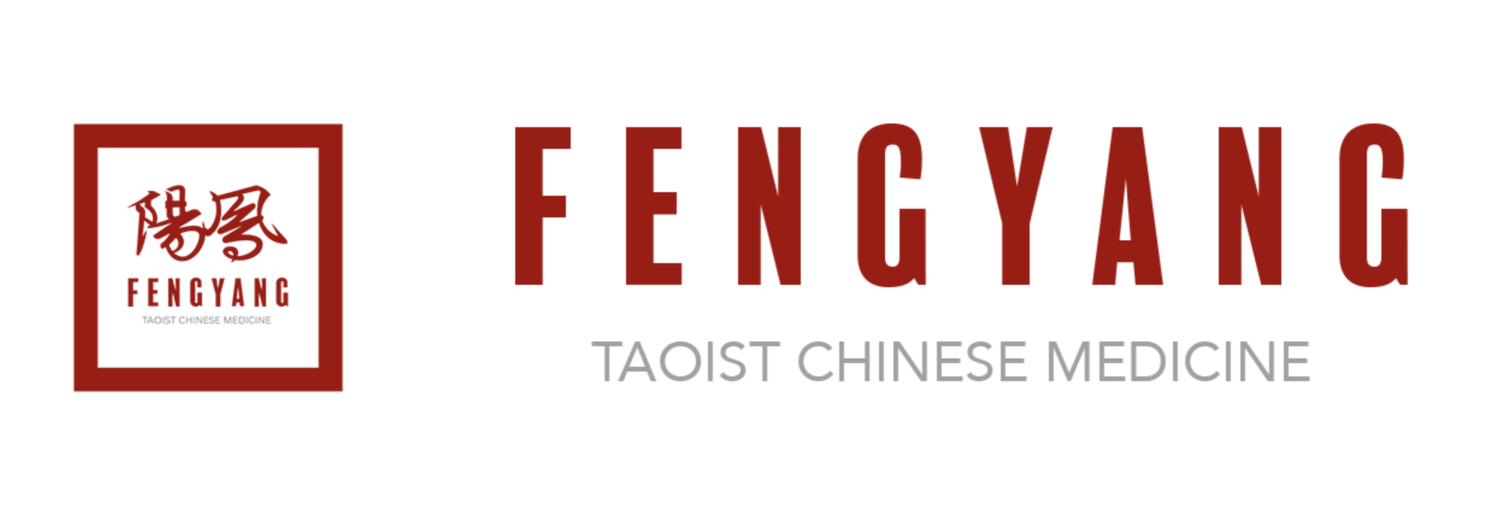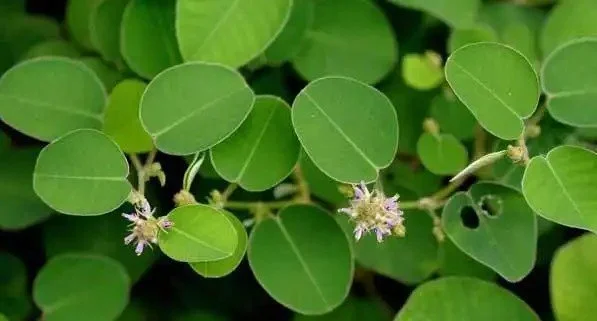Case Report of Guang Jin Qian Cao Treating Kidney Stones (with Video Testimony)
Patient: O,
Initial Diagnosis Date: February 24, 2019
Chief Complaint: Lower back pain for one week.
Western Medical Diagnosis: Kidney stone (1 cm) diagnosed via ultrasound, with surgical treatment recommended.
The patient, unwilling to undergo surgery, sought a natural approach through Traditional Chinese Medicine (TCM).
Remote Video Consultation Findings:
Tongue: Pale red with a thin yellow coating.
TCM Prescription: 50 grams of Guang Jin Qian Cao (Herba Lysimachiae), decocted in water and consumed once daily for seven consecutive days.
Follow-Up on March 1, 2019:
The patient reported that the kidney stone was naturally passed on the third day of treatment, with back pain completely resolved. A 2024 follow-up confirmed no recurrence.
Kidney Stones in TCM:
Kidney stones fall under the TCM categories of “Sha Lin” (sand strangury) and “Shi Lin” (stone strangury). They are often attributed to damp-heat accumulation, qi stagnation, blood stasis, or kidney qi deficiency, with damp-heat in the lower jiao being a primary cause.
Etiology and Pathogenesis in TCM
Etiology:
External invasion of damp-heat pathogens or internal damp-heat generation due to improper diet (rich, greasy foods and excessive alcohol), leading to impaired spleen and stomach function. The damp-heat descends to the bladder, evaporates urine, and forms stones.
Pathogenesis:
Damp-heat accumulates in the lower jiao, obstructing the qi flow and water pathways. Excessive bladder heat scorches fluids, causing urinary sediments to coagulate and form stones.
Treatment Principles: Clearing Heat, Draining Dampness, and Expelling Stones
Therapeutic Approach:
Primarily clearing heat and draining dampness, supplemented with methods to expel stones and promote urination. The focus is on resolving damp-heat, unblocking water pathways, and facilitating stone expulsion.
Single Herb Formula:
50 grams of Guang Jin Qian Cao, decocted in water and consumed daily for seven days, helps expel stones.
TCM Mechanism Analysis
1. Clearing Heat
Guang Jin Qian Cao is sweet, slightly bitter, and slightly cold in nature. It enters the liver, gallbladder, kidney, and bladder meridians. It clears heat and resolves dampness in the lower jiao, alleviating urinary tract heat and inflammation.
2. Draining Dampness
The herb promotes diuresis, increasing urine output and diluting urinary crystals. This prevents stone growth and facilitates the expulsion of small stones.
3. Expelling Stones
Guang Jin Qian Cao relaxes smooth muscles in the urinary tract, reducing pain caused by stone obstruction. It also enhances bladder and ureteral peristalsis, helping to push stones outward.
4. Anti-Inflammatory and Analgesic Effects
The herb possesses anti-inflammatory properties, alleviating local inflammation caused by stones. It reduces pain and improves urinary function, addressing dysuria symptoms.
By continuously decocting and consuming Guang Jin Qian Cao for seven days, symptoms caused by damp-heat-induced kidney stones can be effectively relieved. The herb promotes stone expulsion, restores urinary function, and ensures smooth qi flow in the lower jiao.

